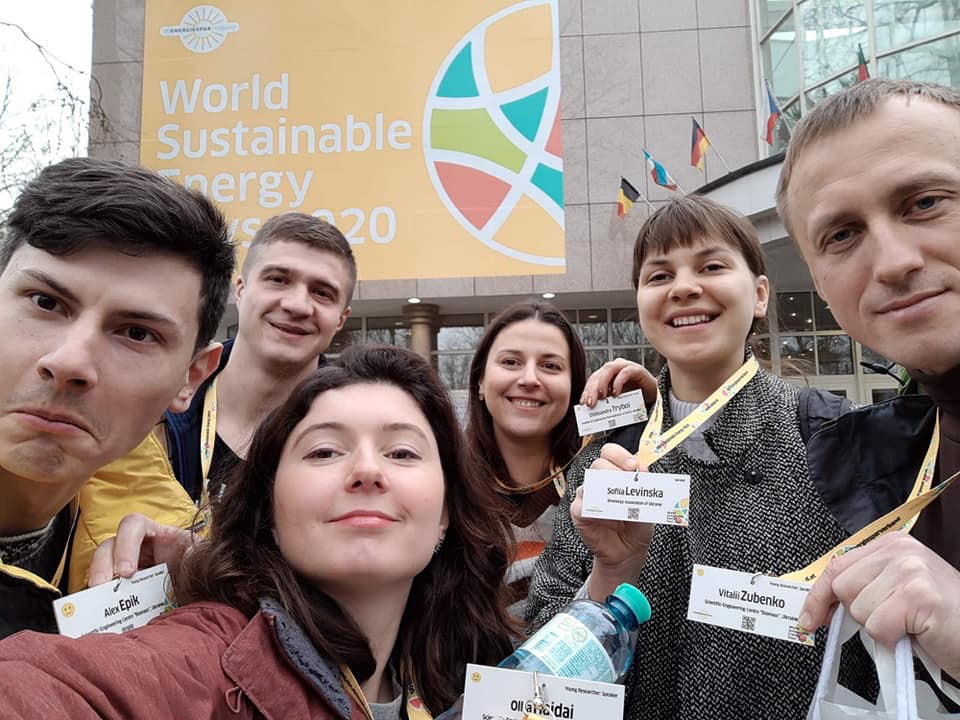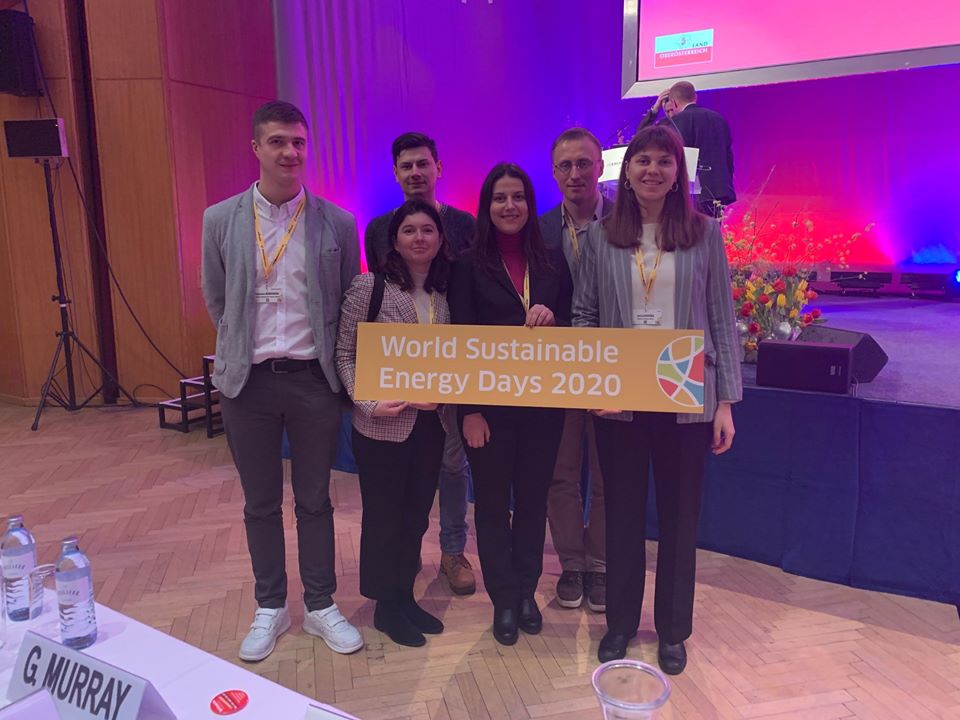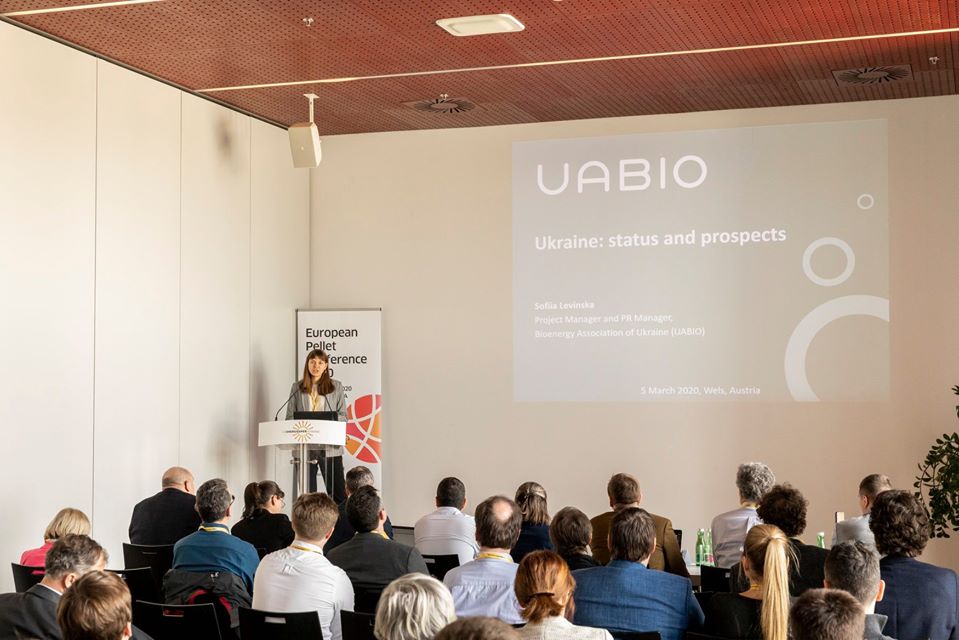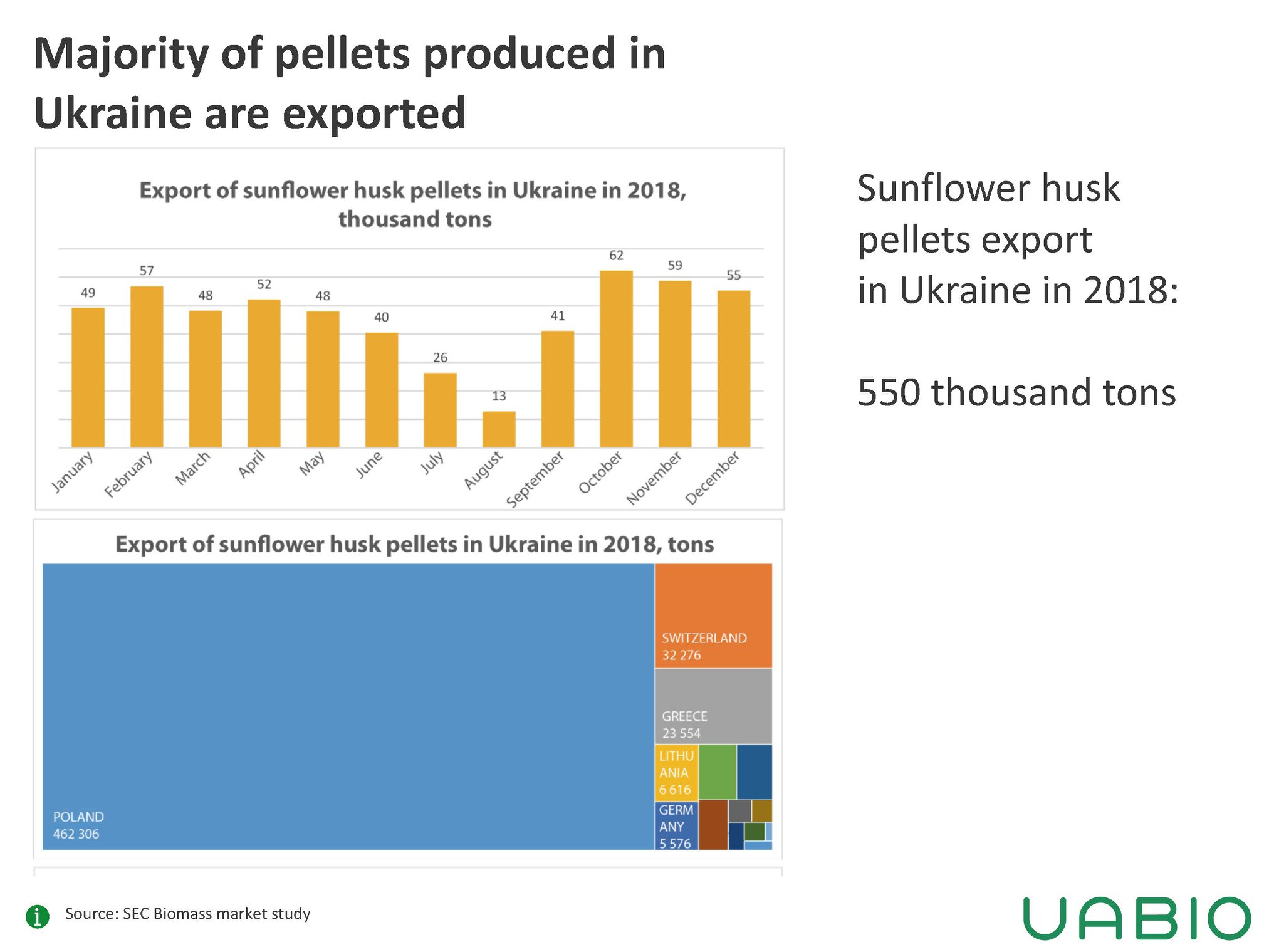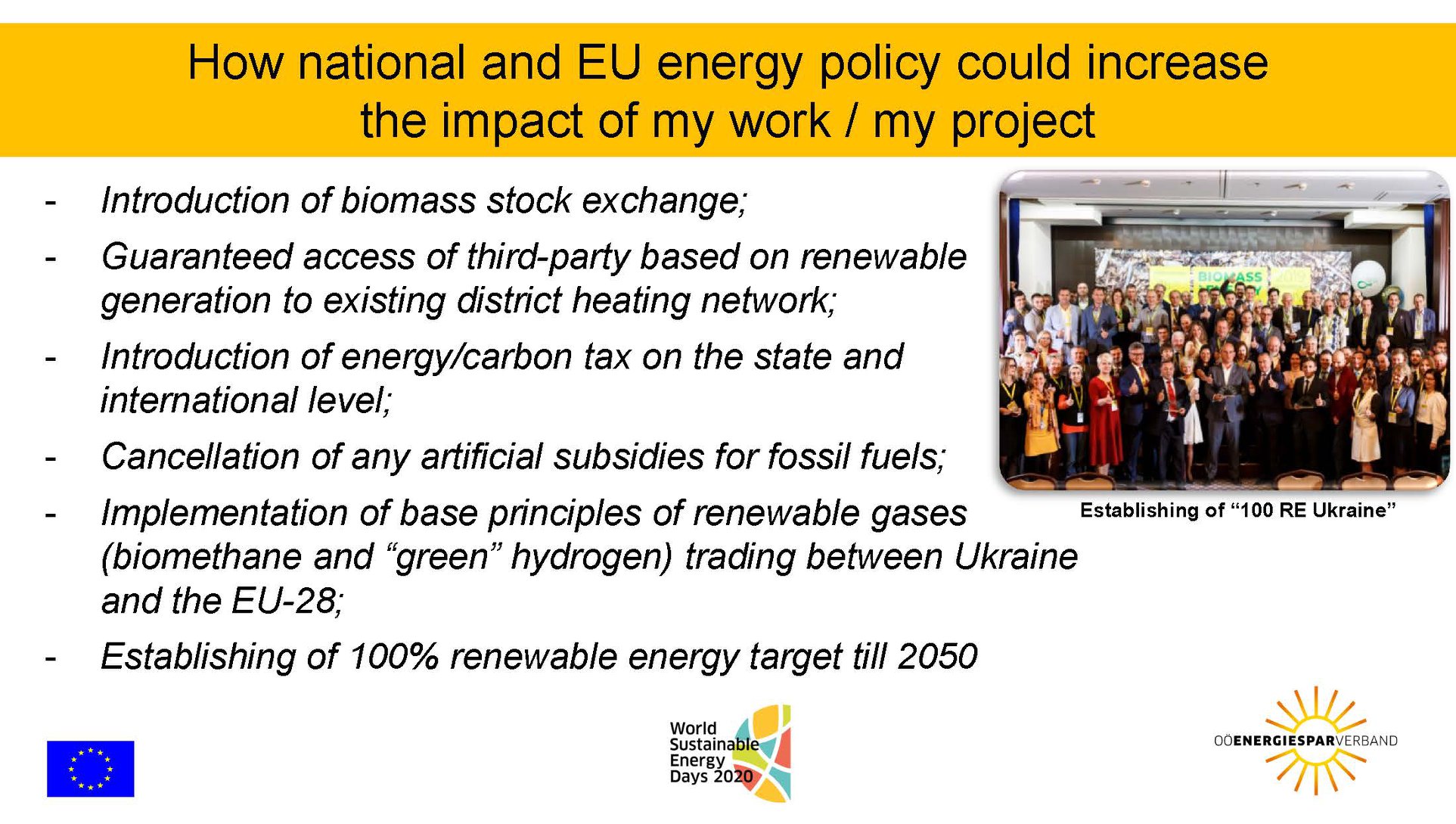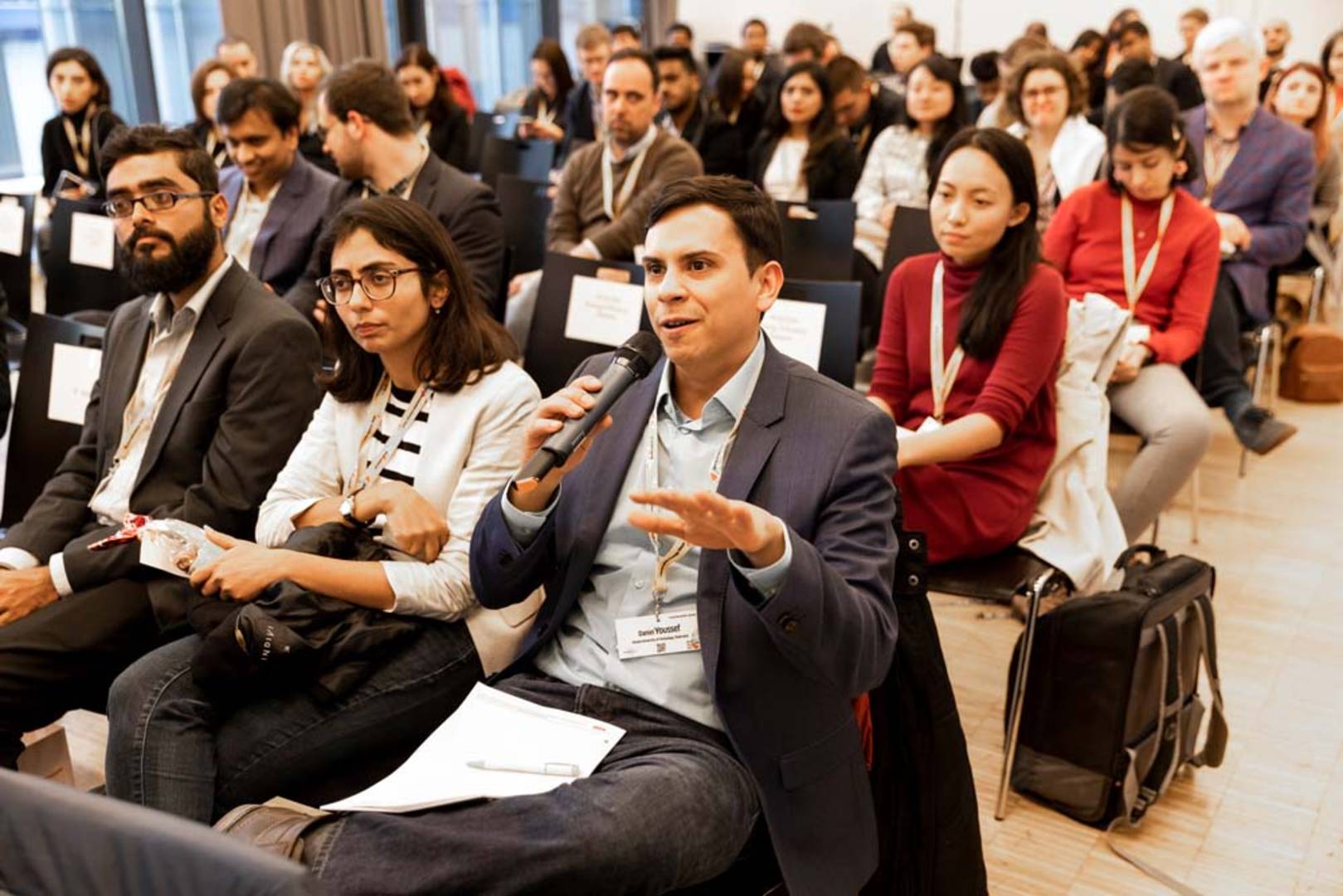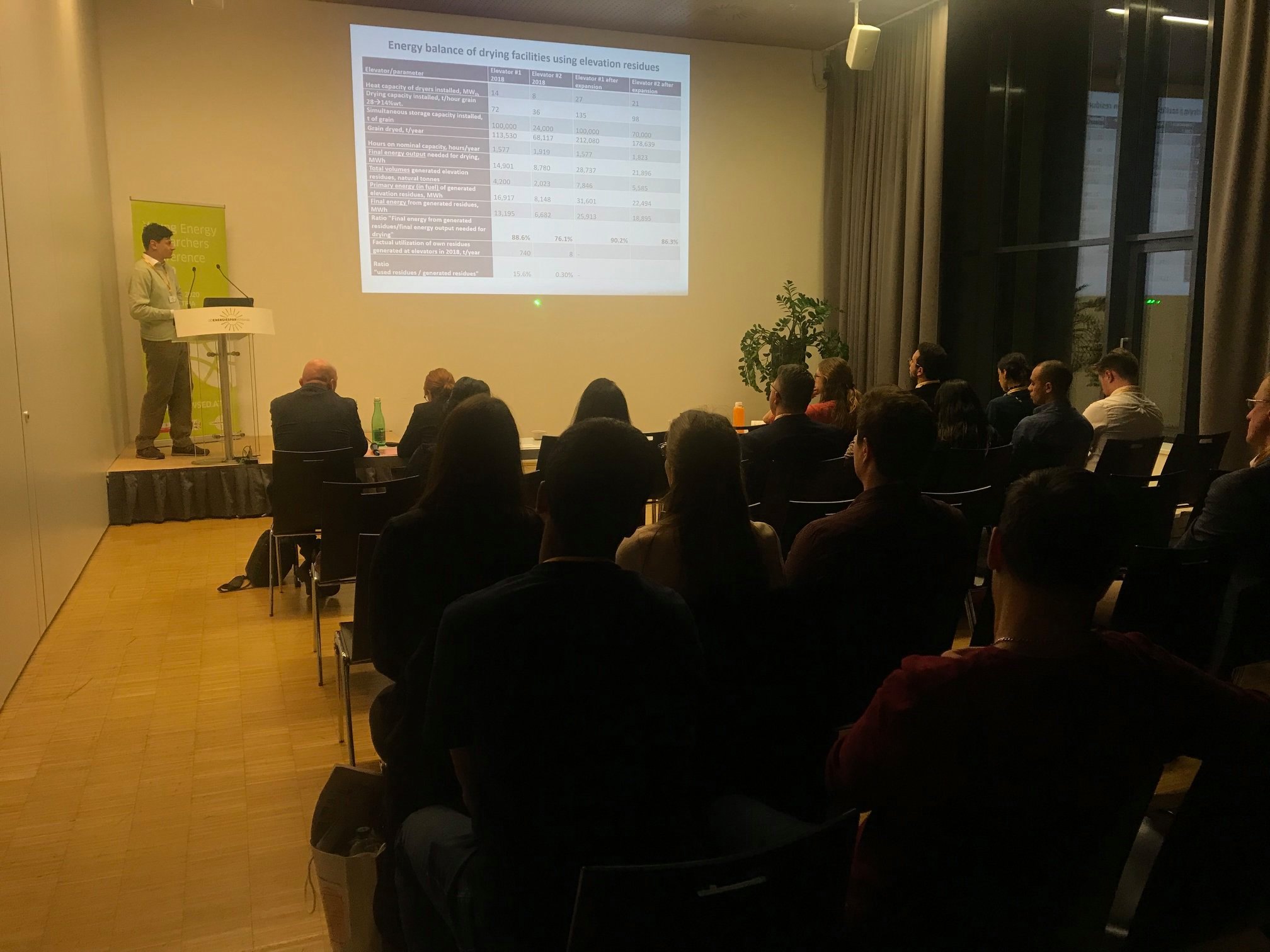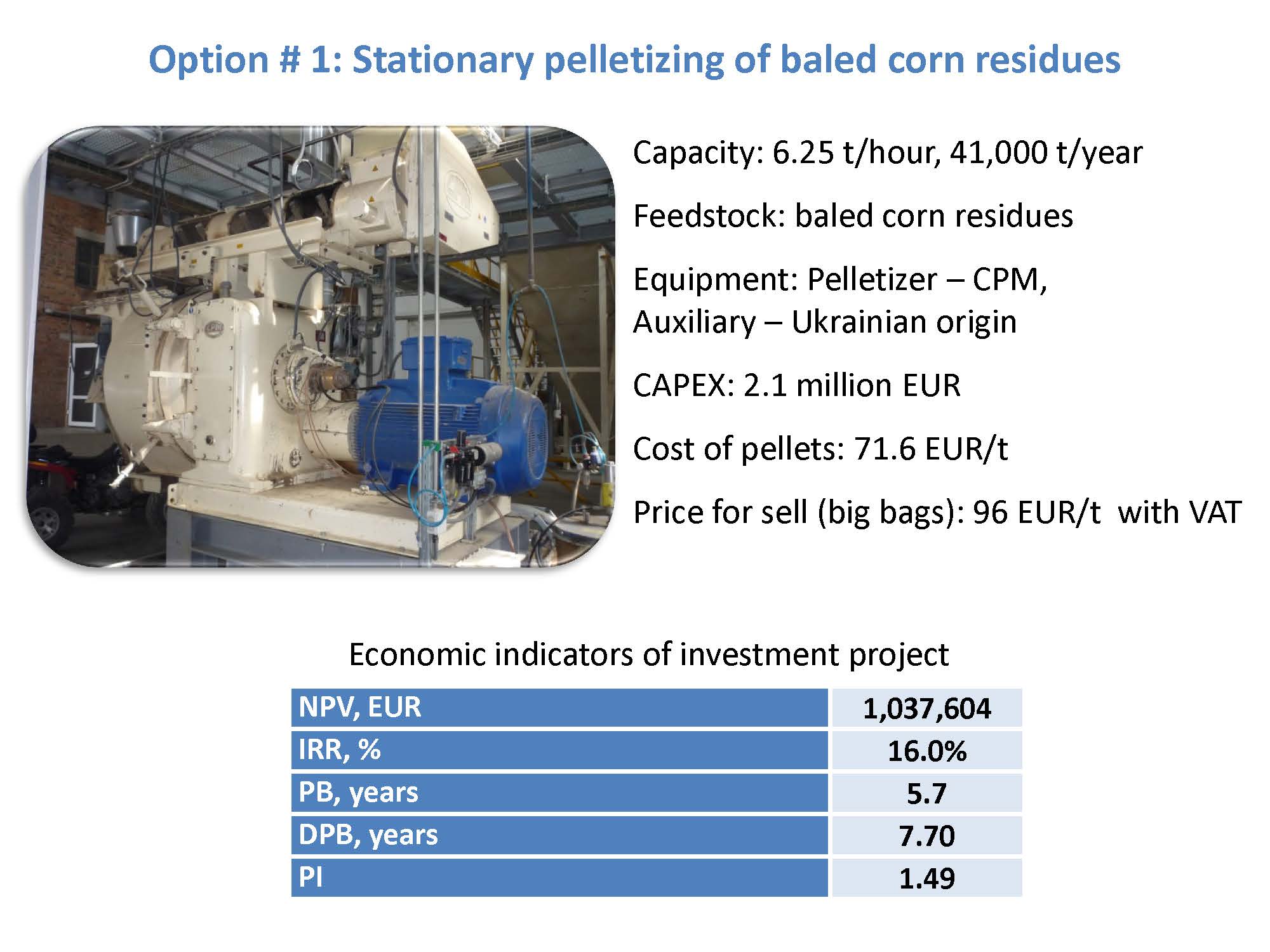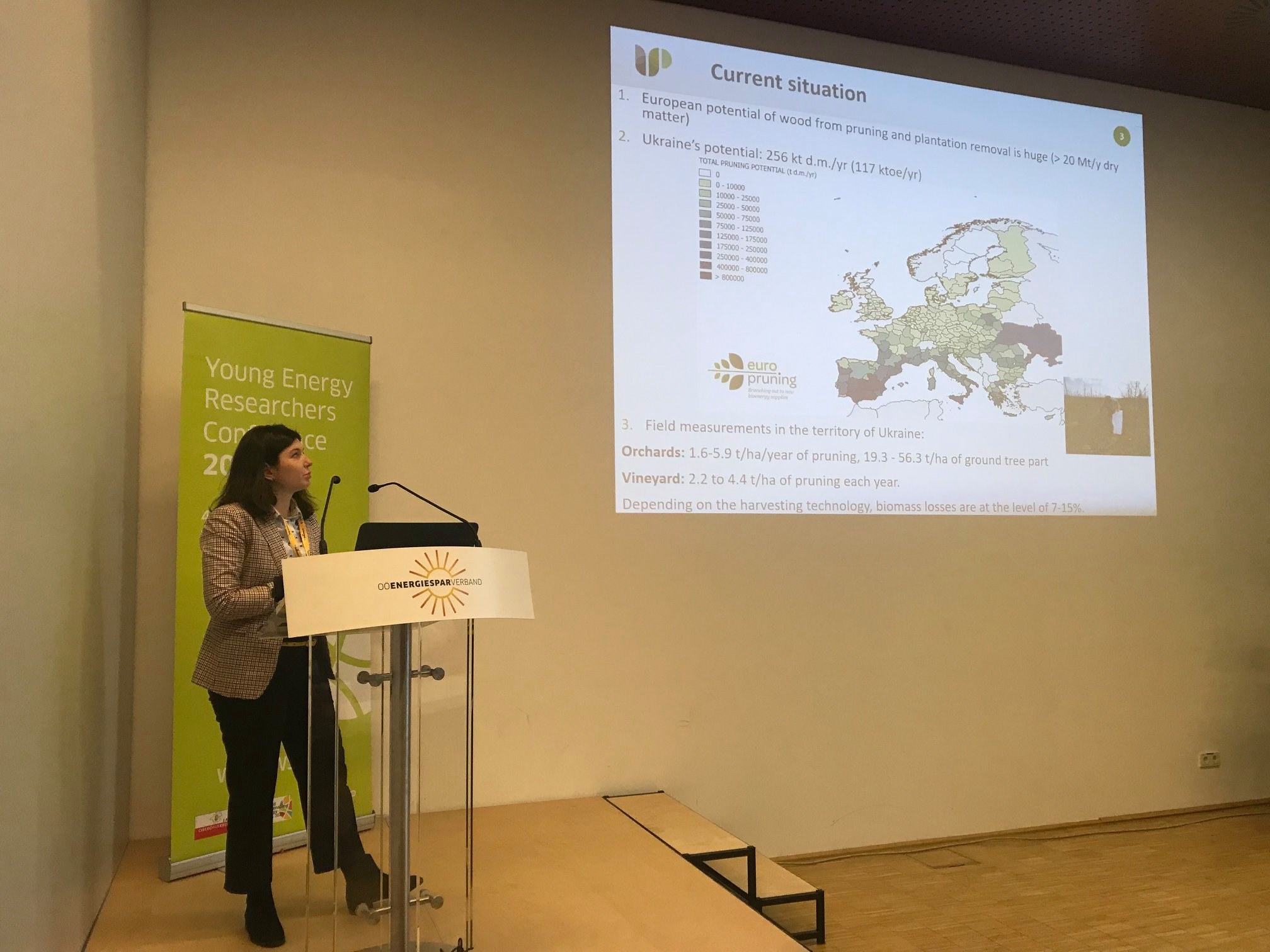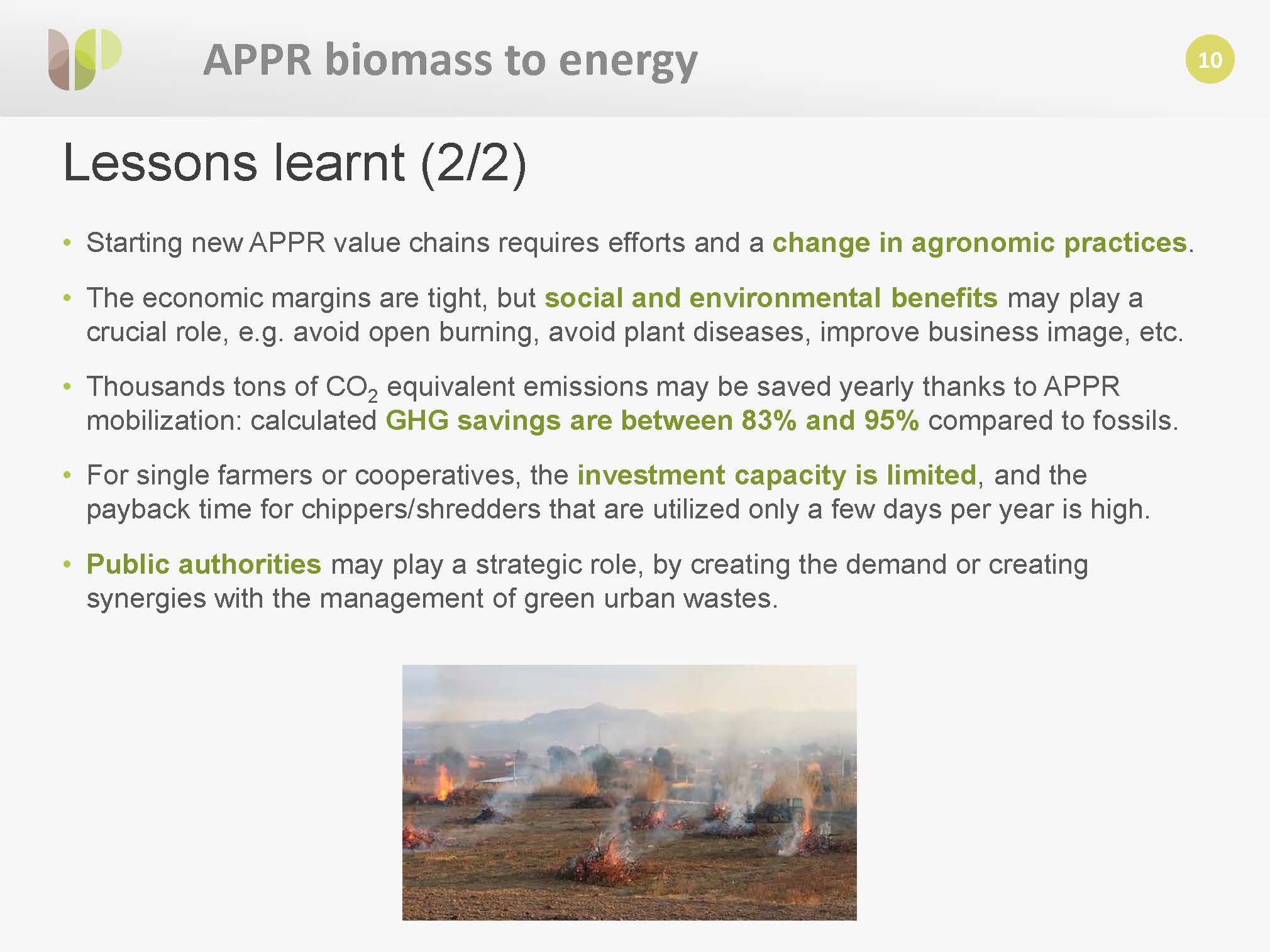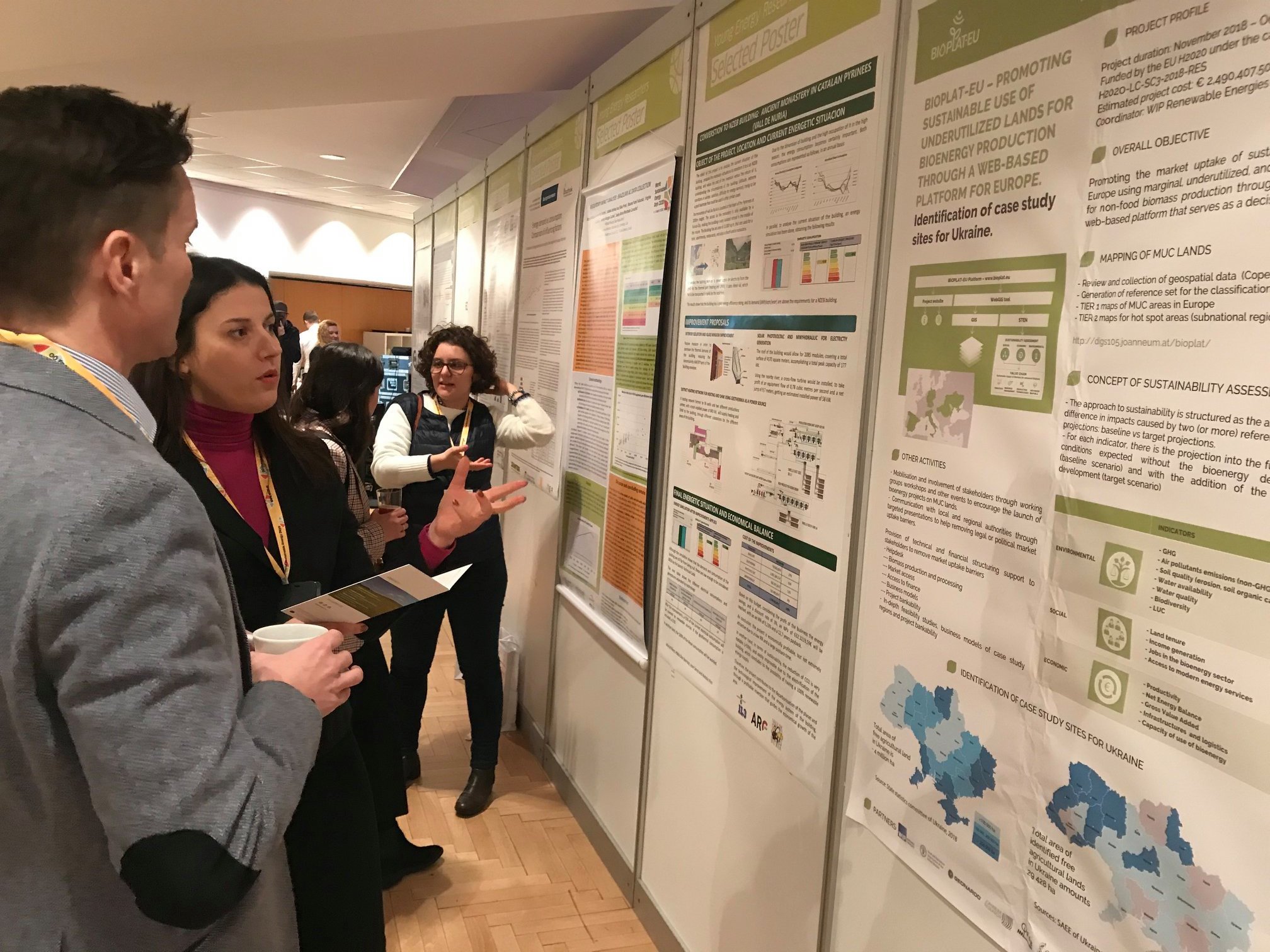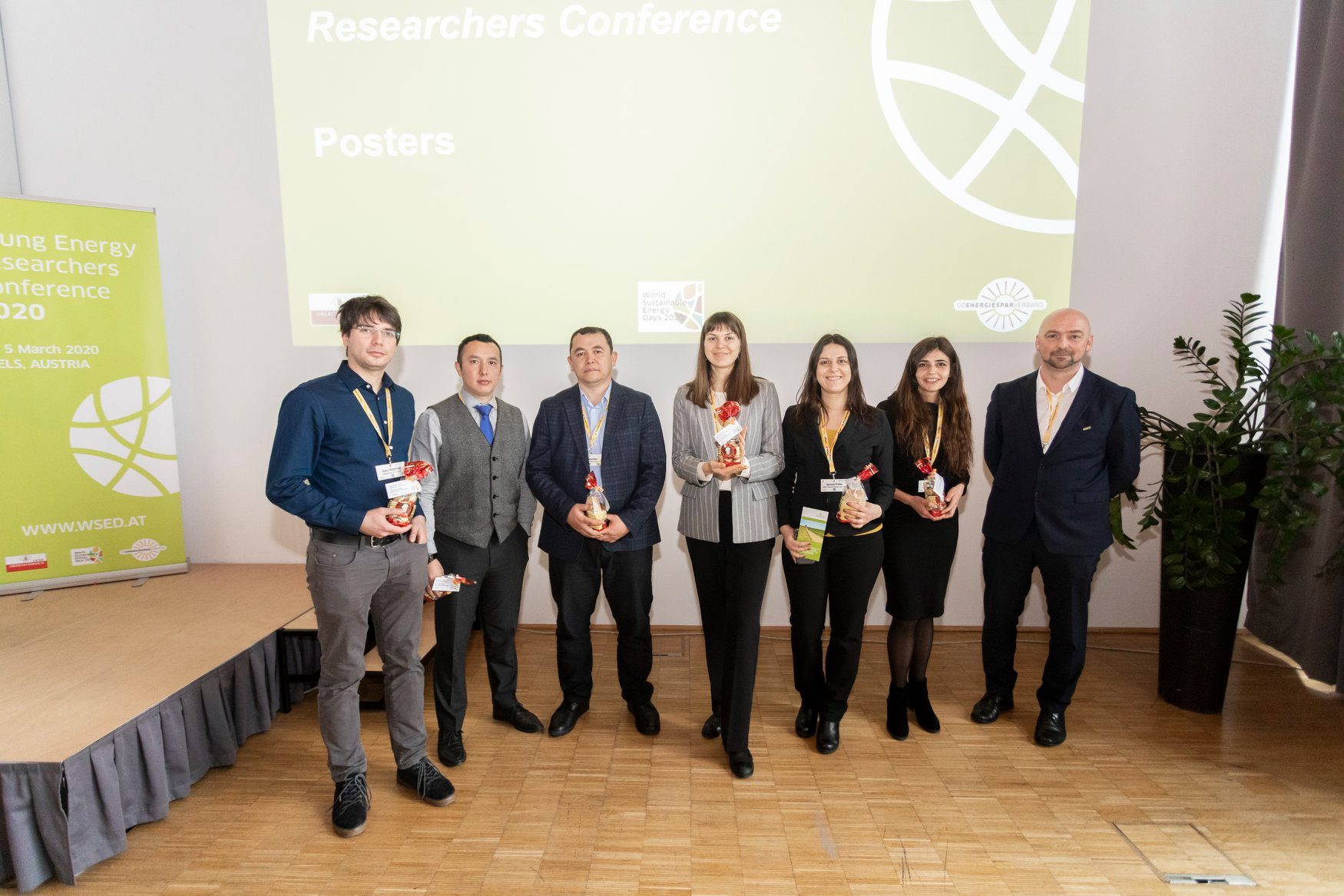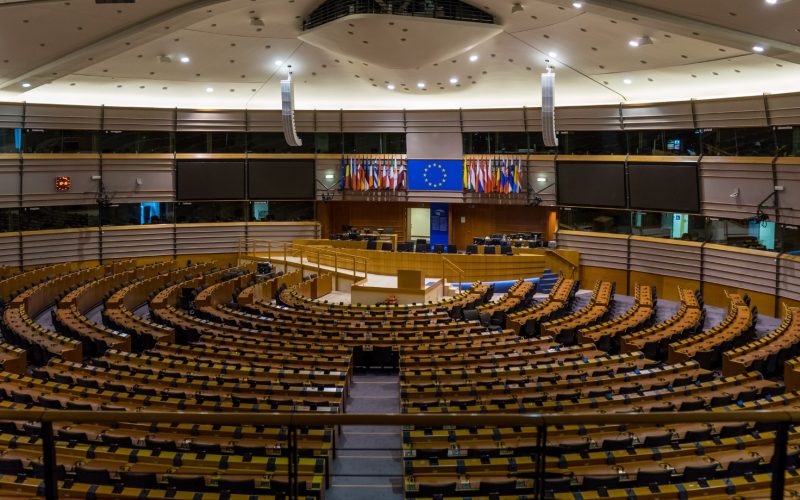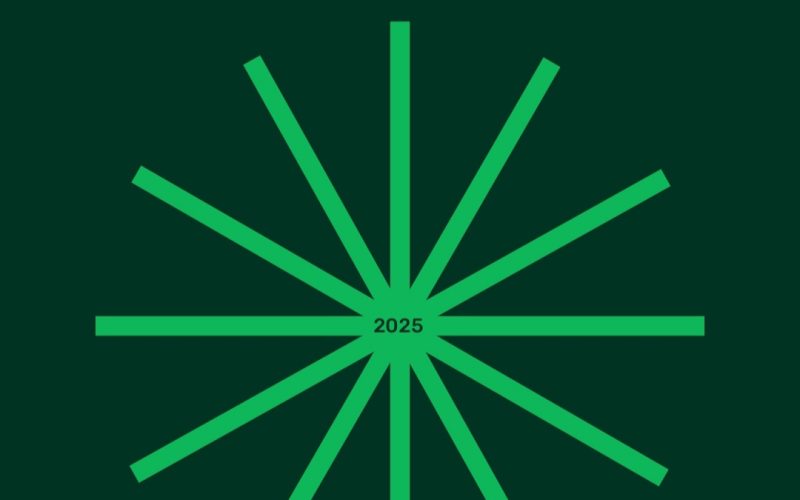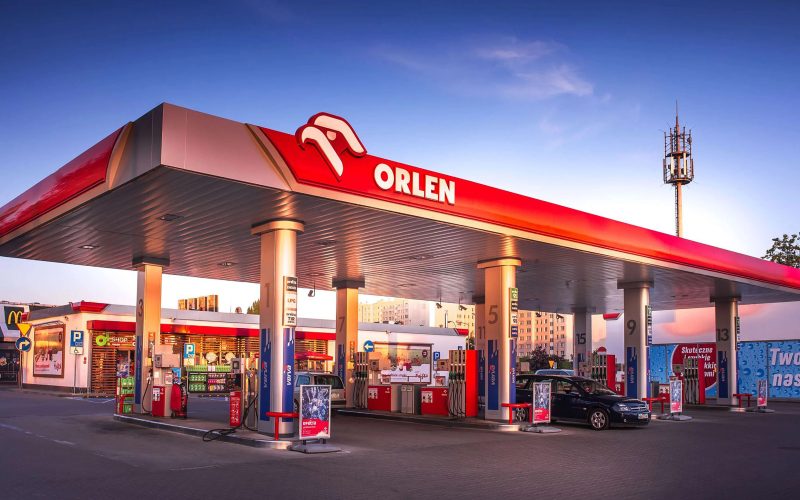UABIO and SEC Biomass experts presentations at World Sustainable Energy Days 2020
UABIO and SEC Biomass experts presented the status and prospects of bioenergy development in Ukraine at World Sustainable Energy Days 2020.
This year the experts presented:
- THREE PRESENTATIONS at the European Pellet Conference and the European Young Biomass Researchers Conference;
- TWO PRESENTATION STANDS with information about our PROJECTS and DEVELOPMENTS.
UABIO Project Manager Sofia Levinska, as the speaker of the European Pellet Conference, presented the development of bioenergy and the pellet market in Ukraine:
In 2018, about 1 million tons of pellets were exported (550 thousand tons of sunflower husk and 400 tons of wood pellets). Mainly to Poland and Italy.
Sunflower husk pellets are the main type of pellets produced in Ukraine in 2016-2018.
Quote from the presentation
In 2018, Ukraine imported natural gas, coal and oil products on 17 billion USD, which is 27% of total Ukrainian imports. However, biomass in Ukraine is enough to replace all imported gas and coal (2018).
SEC Biomass expert Alex Epik became one of the 5 most successful young scientists of WSED 2020. And presented his proposals for the “green” energy transition of Ukraine:
The basis of Ukraine’s “green” energy transition is to abandon any subsidies for fossil fuels. Also implement the biofuel exchange, third-party access to district heating and the introduction of a carbon tax.
Quote from the presentation
In addition, UABIO experts Alex Epik and Vitalii Zubenko presented the economics of six scenarios for the use of corn by-products in Ukraine.
See more about each of the scenarios in the presentation:
The two most profitable scenarios for the use of corn by-products in Ukraine are: pelleting of baled corn residues and sale of baled corn to third parties.
Quote from the presentation
SEC Biomass expert Olha Haidai presented a study within the uP_running project on the potential use of wood waste, including pruning of fruit trees.
Widespread use of pruning gardens and vineyards for energy needs in Ukraine requires changes in agronomic practice.
Thousands of tons of greenhouse gas emissions can be saved annually through the use of pruning gardens and vineyards. Reduction of greenhouse gas emissions is from 83% to 95%, compared to emissions from the use of fossil fuels.
Quote from the presentation
